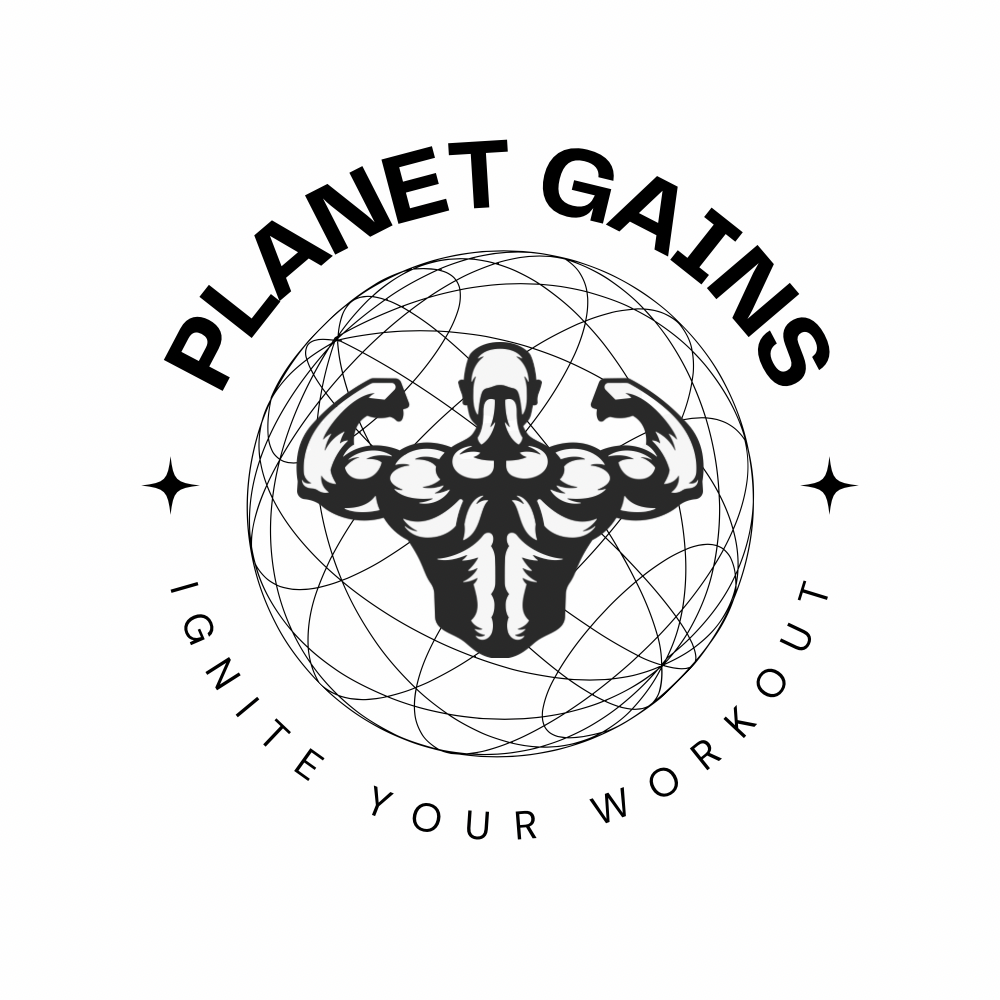📦 FREE Shipping
How Many Calories Does Roller Skating Burn 2024? Surprising Insights

Lace-up for a fun fitness twist with “How Many Calories Does Roller Skating Burn? Surprising Insights,” where we reveal how effective this retro activity is at torching calories and boosting your mood.
How Many Calories Does Roller Skating Burn?
MET Values and Calorie Burn
Metabolic Equivalent Tasks (MET) values are a standardized way to gauge your energy cost during physical activities. Roller skating has an MET value that varies depending on the pace:
- Light intensity: 4.3 METs
- Moderate intensity: 5.5 METs
- Vigorous intensity: 7 METs or higher
To calculate calories burned per minute, the formula is:
[\text{Calories burned per minute} = \text{MET value} \times \text{your body weight in kg} \times 3.5 \div 200]
The Role of Intensity and Duration
Your calorie expenditure heavily depends on how intensely you skate and for how long. Here’s a quick overview:
- Recreational skating: 300-420 calories per hour
- Moderate skating: 420-600 calories per hour
- High-intensity skating: 600+ calories per hour
To put it simply, doubling your skating session from 30 to 60 minutes could double your calorie burn.
Roller Skating Vs. Other Physical Activities
Roller skating stands its ground compared to other physical activities. For instance, a person weighing 154.3 lb can burn:
- 245 calories in 30 minutes of roller skating
- 840 calories in 60 minutes of moderate-pace inline skating
This is competitive with activities like running and cycling, proving that roller skating is fun and a potent calorie burner!
Calculating Your Calorie Expenditure

The Formula for Calorie Calculation
To calculate the number of calories burned, a basic formula incorporates your body weight and the intensity of the activity. The general form looks something like this:
Calories burned = MET value of the activity × Body weight in kg × Duration in hours
MET stands for Metabolic Equivalent of Task, a unit that estimates the energy expenditure of physical activities. Roller skating’s MET value ranges based on intensity, typically from 5.5 for a moderate pace to 7 for vigorous skating.
Weight and Calorie Burn Correlation
Your body weight plays a significant role in determining how many calories you burn. The heavier you are, the more calories you’ll expend for the same duration and intensity of skating.
| Body Weight (lbs) | Cal. Burned/hour (Moderate) | Cal. Burned/hour (Vigorous) |
|---|---|---|
| 125 | 330 | 455 |
| 155 | 410 | 564 |
| 185 | 490 | 674 |
These numbers multiply significantly with increased intensity and duration, so the longer and harder you skate, the more calories you’ll burn!
Using Calorie Calculators Efficiently
Calorie calculators can smoothly transition the guesswork into factual data for your calorie tracking. Input your weight, the duration of your roller skating session, and select the intensity level. A calories burned calculator will then apply the correct MET value and produce an estimate tailored to your body mass.
Remember, while calculators provide an estimate, they don’t consider individual metabolism variations. For precise tracking, especially for significant weight loss goals, you may want to check your progress with additional tools or consult health professionals.
Health Benefits and Considerations of Roller Skating

Roller skating is more than just a fun activity—it’s a dynamic way to enhance your fitness levels while engaging various muscle groups. As you glide on wheels, you’re not just burning calories; you’re also strengthening muscles, improving balance, and boosting cardiovascular health.
Fitness and Muscular Benefits
Roller skating is an excellent cardio workout similar to running or cycling but with a low impact on your joints. Get ready to feel the burn; here’s what you’re working on:
- Calorie Burning: Skating burns between 250 to 850 kcal per hour, depending on intensity.
- Muscle Groups Engaged:
- Lower Body: Quads, hamstrings, glutes, and calves get a significant workout, improving tone and strength.
- Core Muscles: Maintain your balance and posture by engaging your core throughout the session.
- Endurance & Cardiovascular Health: Consistent roller skating increases heart and lung functions, contributing to long-term health gains.
Safety Gear and Injury Prevention
When you’re all set to skate, safety comes first! Proper protective gear is key to avoiding unnecessary injuries. Here’s what you’ll need:
- Helmets: Protect your head with a well-fitted helmet—it’s a no-brainer!
- Wrist Guards: Falling is part of the learning curve; wrist guards help prevent fractures.
- Additional Gear: Consider knee pads and elbow pads for complete protection.
Balance and skill development are part of the journey. Injury prevention also includes learning to fall correctly and building up your skating technique over time. Remember, as your skills grow, so does your ability to navigate and prevent potential falls.
FAQ:
How many calories do you burn roller skating for 30 minutes?
Roller skating for 30 minutes burns approximately 250 calories for a moderate effort.
Is roller skating good exercise for weight loss?
Roller skating is an effective weight-loss exercise as it’s a low-impact, high-calorie burn activity that engages multiple muscle groups.
How many calories does 1 hour of rollerblading burn?
One hour of rollerblading can burn about 913 calories for someone weighing 160 pounds.
How many calories do you burn skateboarding for 30 minutes?
Skateboarding for 30 minutes can burn around 150-250 calories, depending on the intensity of the activity.
If this article about the question: “How Many Calories Does Roller Skating Burn” helped you, don’t forget to leave us a comment down below about what you think of the article.

